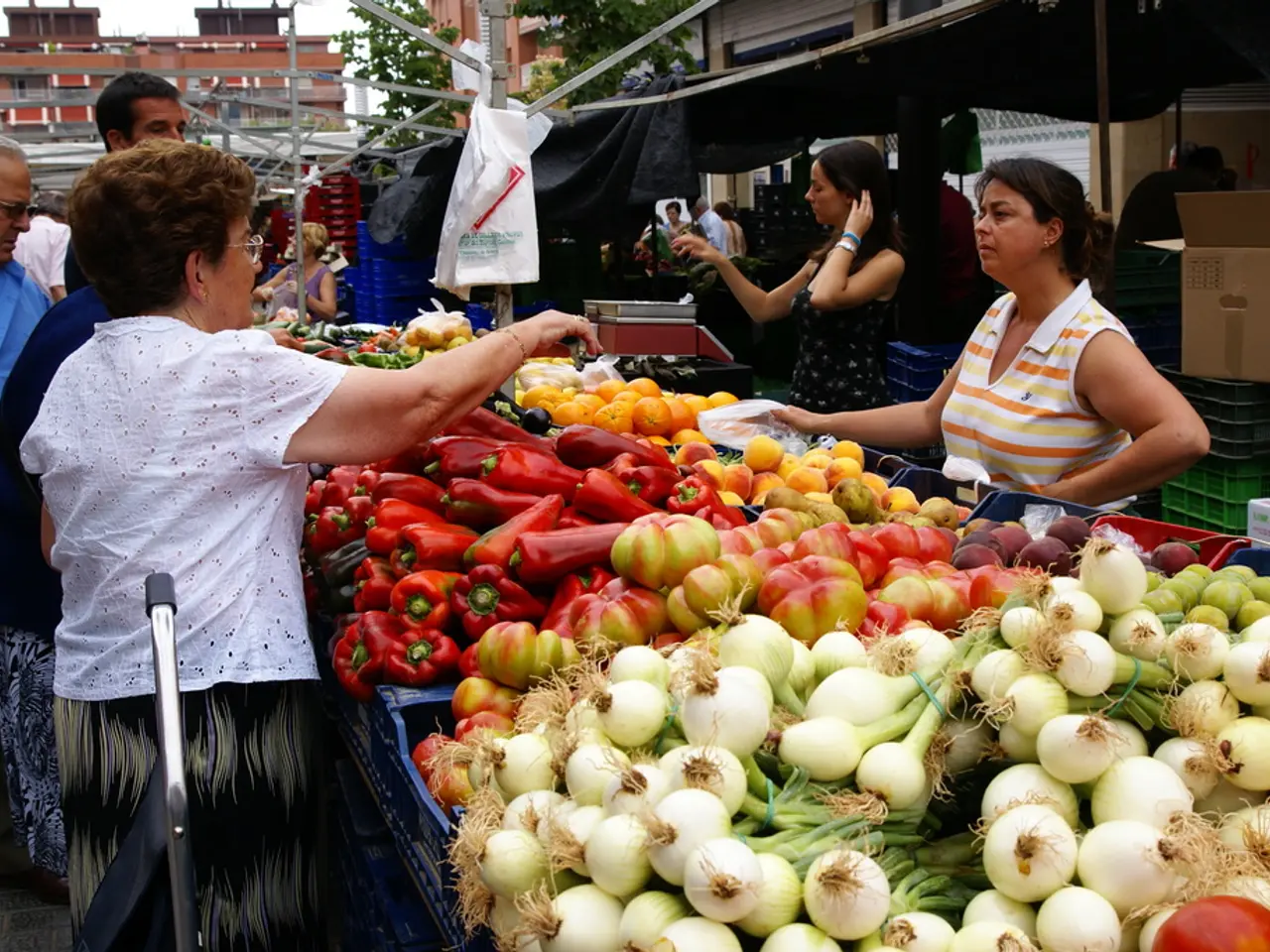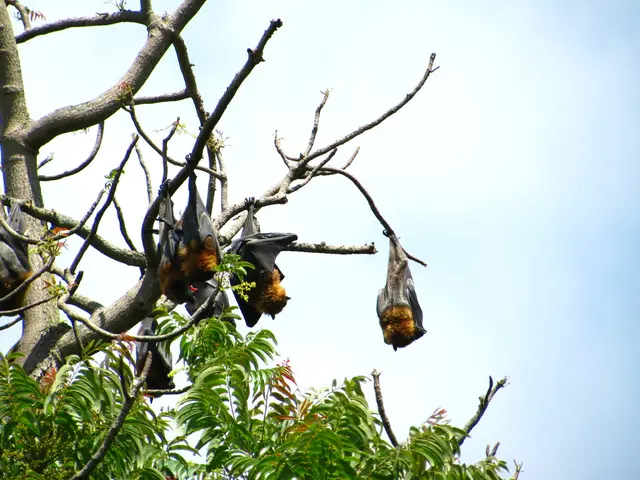Monash University's Breakthrough: Turning Food Waste into Biodegradable Bioplastics
A groundbreaking study led by Monash University (MON) presents a new framework for creating bioplastics suitable for temperature-sensitive packaging, medical films, and other products. The research, published recently, explores converting n sugars into biodegradable polyhydroxyalkanoates (PHA) biopolymers using two soil-dwelling bacteria.
Previously, Northwestern scientists made headlines with their development of a nickel-based catalyst for transforming plastic recycling. Now, MON's study takes this a step further, demonstrating the potential to turn food waste into sustainable, compostable ultrathin films with tunable properties.
The produced bioplastics were cast into films about 20 microns thick and tested for stretchiness, strength, and melting behavior. The results show that these bioplastics offer versatility and potential for sustainable alternatives in packaging, especially where they can be composted with food or agricultural waste.
The global plastic production, exceeding 400 million tons annually, is predominantly single-use. This research provides a promising solution, with industry partners such as Nestlé, CSIRO, and other biotechnology and packaging firms collaborating with MON researchers to develop biodegradable packaging and medical solutions with potential commercial applications.
The study from Monash University offers a sustainable path forward in the fight against plastic waste. By transforming food waste into biodegradable bioplastics, the research paves the way for eco-friendly packaging and medical solutions, with industry partners eager to bring these innovations to market.
Read also:
- Boston Metal pioneers route to commercial production for eco-friendly steel method
- United States Secures $632 Million to Fuel Electric Vehicle Revolution
- Clean energy companies HyFlux and AMRC secure financing from ATI for game-changing advancements in aeroplane cooling systems linked to clean aviation.
- DKSH Upgrades Distribution Operations Through Significant Technological Renovation








